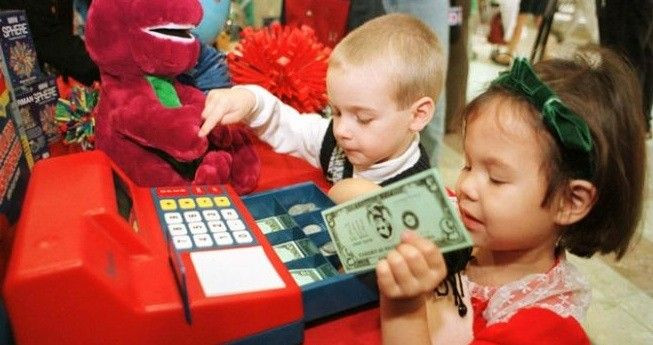Bringing up Bebe: ‘Why French Children Don’t Throw Food’ Author Says American’s Need to Learn French Parenting Skills

A controversial new book claims American moms and dads have a thing or two to learn from French parents when it comes to raising children.
'Bringing Up Bebe' author and American mother Pamela Druckerman has sparked fierce online debate after claiming French parenting skills are superior to those in the U.S.
The book's controversial stance mirrors that of other popular parenting titles such as Amy Chua's controversial Tiger Mom, which extolled the virtues of strict Asian parenting techniques and proved a massive hit last year.
In a piece for the Wall Street Journal, which prefaces 'Bringing Up Bebe' (Titled Why French Children Don't Throw Food in the UK), Druckerman wrote about her experiences as an American Mother in France.
After going on holiday with her 18-month old daughter, she started to notice the difference between her own offspring and the French children surrounding her.
She wrote: After a few more harrowing restaurant visits, I started noticing that the French families around us didn't look like they were sharing our mealtime agony. Weirdly, they looked like they were on vacation.
French toddlers were sitting contentedly in their high chairs, waiting for their food, or eating fish and even vegetables.
Her solution?
The French have managed to be involved with their families without becoming obsessive.
They assume that even good parents aren't at the constant service of their children, and that there is no need to feel guilty about this.
According to reviewers, this theme of hands-off parenting is the crux of what Druckerman is getting at in Bringing Up Bebe.
She writes about how French parents have a code, which she calls La Pause.
According to Druckerman, the break French parents take before responding to crying or nagging kids is invaluable in teaching the child he or she is not the center of the universe, and, by extension, the value of waiting patiently.
This, she concludes, is one of the ways French children learn to delay gratification, which in turn makes them more resilient and self-sufficient than their American counterparts.
While the book has its fair share of adherents, several reviewers have reacted angrily to the criticism.
Time magazine's Bonnie Rochman wrote: I don't buy it. Every group has its outliers, and children are no exception.
Telling someone how to parent is like telling someone how to dress--everyone has their own individual style.
Writing in the New York Times, Susannah Meadows is also sceptical towards Bebe's advice, adding, Much of the so-called French child-rearing wisdom compiled here is obvious.
She goes on to compare the differences between the French and American welfare systems, noting that in France the state guarantees paid maternity leave, subsidies for nannies and free preschool.
© Copyright IBTimes 2024. All rights reserved.





















